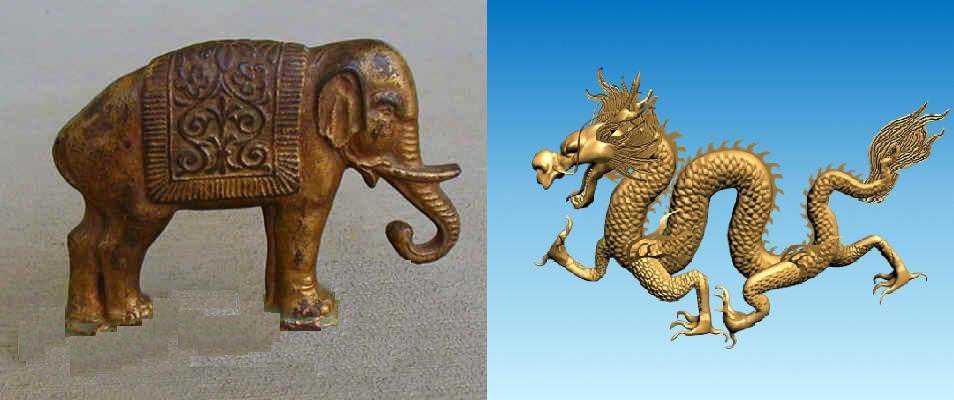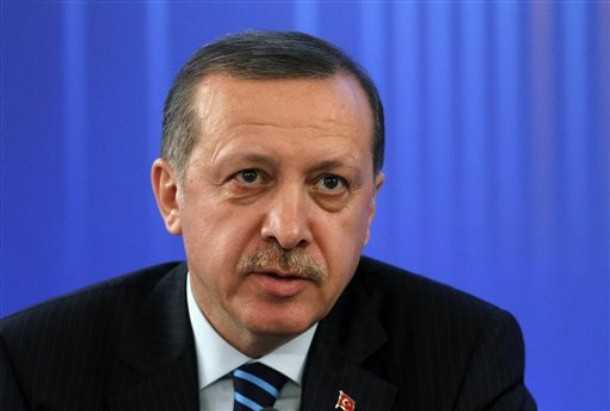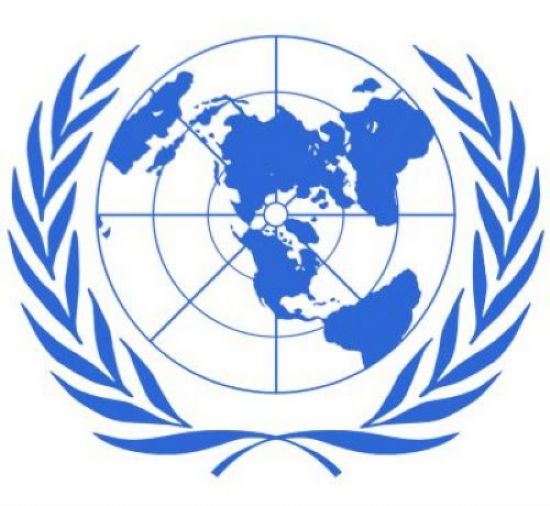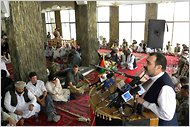
BALAJI CHANDRAMOHAN
It is understandable and predictable that Asia’s two giants – India and China – should be gearing up for a showdown somewhat similar to the East-West showdown of the Cold War. Given both countries’ growing economies, and given the waning influence of the West in global affairs, India and China are increasing their foothold in distant corners of the world through trade, investment, bilateral treaties and security relationships.
In this classic ‘great power’ rivalry, China wishes to win by keeping India in low-level equilibrium – for instance, by denying permission to an Indian lieutenant-general posted in the state of Jammu and Kashmir to visit China. The officer in question had intended to travel to China in August of this year for a high-level defence exchange between the two countries.
What is more, if media reports are to be believed, then policy-makers in New Delhi are losing sleep over the fact that 7,000 to 11,000 Chinese troops are present in Gilgit in Pakistan-occupied Kashmir – something that the Indian government is trying to verify, although Pakistan’s envoy to Beijing has denied the reports. The reports say that People’s Liberation Army soldiers entering Gilgit-Baltistan are expected to work on the railroad and on extending the highly strategic Karakoram Highway – a clear sign that China wishes to extend its influence in the oil-rich gulf region. There are also reports about a six-month visa to visit China having been issued Paresh Barua, Commander-in-Chief of the United Liberation Front of Asom (ULFA), a militant organization based in Northeast India.
Reacting to China’s aggressive posture, the Government of India recently held a meeting of the Cabinet Committee of Security, chaired by Prime Minister Manmohan Singh. New Delhi’s envoy to Beijing, S. Jaishankar, briefed the Committee on the current state of Sino-Indian relations.
Following the Bush presidency, given the general reluctance of the Obama administration to ‘contain’ China (let alone to engage on a sustained basis in Asia at large), China has decided to have a ‘free go’ throughout the world. This ‘free go’ has necessitated the establishment of a firm Chinese foothold in the Asia-Pacific region, from which it can broaden its sphere of strategic influence even to Africa, Latin America and Europe. India acts as a distinct challenger in this respect. With a population of more than one billion people, a growing economy and supple latent power, India is a clear leader in the affairs of South Asia. It has also increased its influence in Southeast Asia through its ‘Look East’ policy. In fact, East Asian countries like South Korea and Japan are more inclined to cooperate, and look for active strategic partnership, with India rather than with China. India has also started to spread its wings through active diplomatic ventures in Africa through the Indo-African forum, and in the South Pacific Islands through the Pacific Islands Forum. Furthermore, India has initiated more active dialogue with its diasporic populations through the annual Pravasi Bharatiya Divas festival that fosters better relations between expatriate Indians and Indians living in India. Indeed, the Indo-American civil nuclear deal that was sealed during the Bush administration would not have happened without the active lobbying of Indo-Americans. This has pushed India to initiate a ‘Forward Policy’ in its diplomacy.
All of this has irritated Beijing in that it has understood that, to clip the wings of the spreading India, China must first ‘box-in’ India in South Asia. That is precisely the strategy of Beijing in aiding Pakistan to follow an aggressive posture in its diplomatic relations with India. With India being distracted in Pakistan, and with the US distracted in Afghanistan and Iraq, China can expand quickly in Asia; that is, it can clearly establish many more ‘strategic condominiums’ in the world. In this sense, China profits from its authoritarian and more monolithic decision-making processes and culture in respect of international relations – as compared with the more reactive processes of major democratic states like India and the US. India, for its part, also suffers from the general dearth of strategic culture and acumen within its political class – a weakness compounded by the absence of emphasis on foreign policy in day-to-day media discourse in India. Though Manmohan Singh is not a classical professional politician, and while he could be considered of a statesman of the highest order (a later article with GB will deal with his declining popularity in India, and the reasons thereof), the general Indian policy inclination to look inward as a matter of dominant priority has manifestly prevented him from engaging with the international more actively.
Take the case of Iran. The US is trying to engage with Iran through China, as India, the traditional ally of Iran, is left in the cold and dark. The abandonment of the foreign policy front by the political class in India has, as a rule, meant that major chunks of strategic decision-making on foreign policy have fallen to India’s army men. In this respect, India has decided to play to its strengths – understood as it is that India and China are both continental and naval powers. To counter China’s much-touted ‘Strings of Pearl’ strategy, India has decided to pursue active ‘naval diplomacy.’ China’s ‘Strings of Pearl’ strategy includes building deep-sea naval positions on the southern coast of Sri Lanka in the once sleepy fishing town of Hambantota. Moreover, China has helped Pakistan to build a deep-sea port in the town of Gadara in Baluchistan. It has also started to court the littoral states in the Indian Ocean – the Maldives, Mauritius and Seychelles – and invested funds in these micro-states to boost economic prospects. In return, China has sought to allow its bases to continue to be stationed in these littoral states. As a part of its counter-strategy, India is sending its naval officers on a routine trip to these countries. There are regular exchanges between India and these states at the naval officer level. India is also establishing for the Maldives a network of radars that will help the island nation offset for the plain fact that it lacks a navy. (Traditionally, all great powers that aspired to control the Indian Ocean – Portugal, the Netherlands, Great Britain, the US and the Soviet Union – have required a base in the Maldives. The southernmost island of the Maldives, the Gan Island in the Seenu Atoll, served as a base for the British Royal Navy during WW2.)
The Indo-China great power rivalry is the story of the first part of the 21st century – much like the rivalry between Great Britain and Germany was the dominant strategic dyad in the late 19th and early 20th centuries. This rivalry was classically described by John J. Mearsheimer in his book, The Tragedy of Great Power Politics. Wrote Mearsheimer: “Great powers behave aggressively not because they want to or because they possess some inner drive to dominate, but because they have to seek more power if they want to maximize their odds of survival.” Raw realism has been the forté of China’s conduct in world affairs since 1949 when the People’s Republic of China was established. For its part, India’s foreign policy has always flirted with moralism-cum-idealism. However, at the start of this new century, India had understood the importance of Realpolitik. Indian politicians are deft in conducting domestic politics – particularly in the area of alliance-building. They will need to show similar genius in world affairs if they are to counter China’s Dragon.
Balaji Chandramohan is the Asia-Pacific correspondent of World News Forecast and Editor, Asia, with World Security Network. He is based in New Delhi and Wellington, New Zealand.
, October 1, 2010







